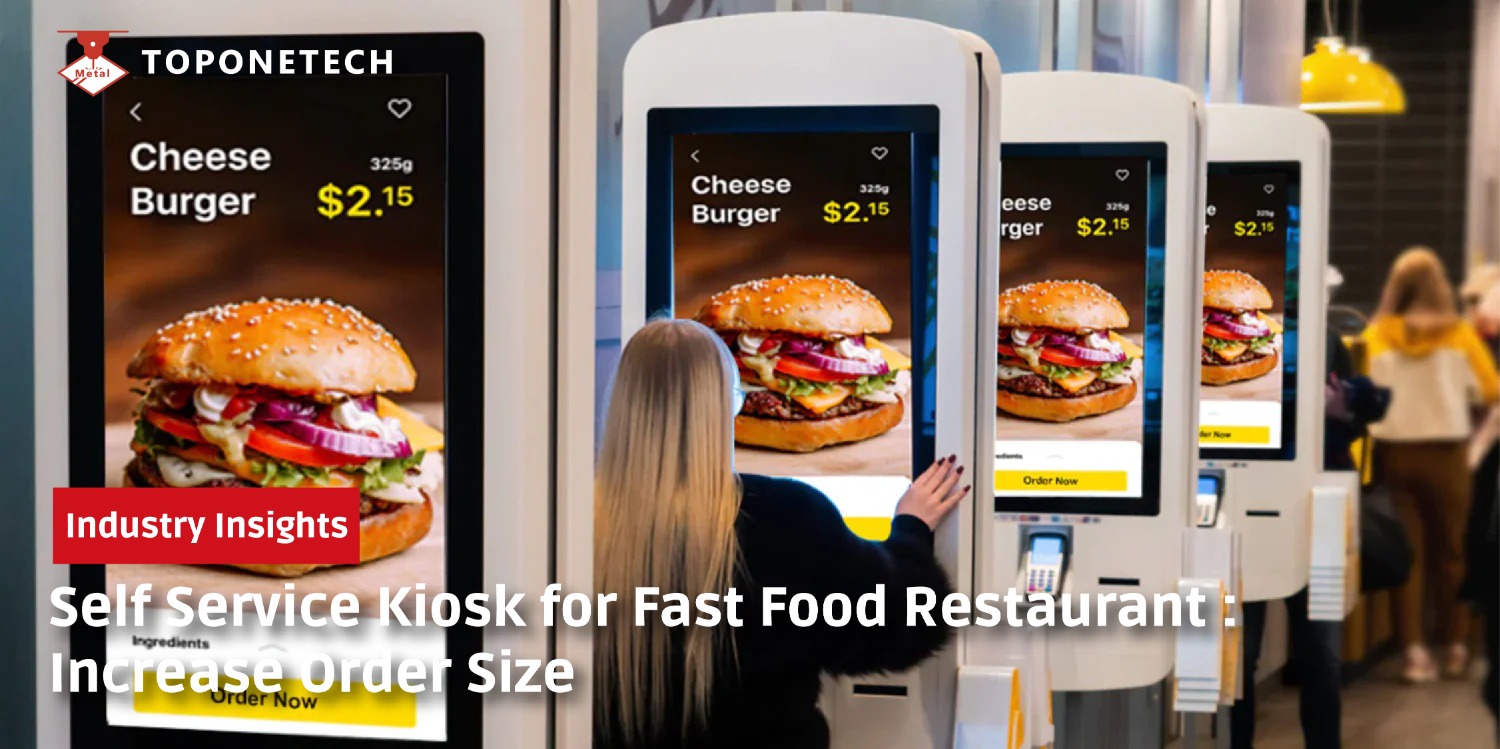
In the ever-evolving landscape of modern manufacturing, automated precision machining equipment stands out as a cornerstone of innovation and efficiency. This sophisticated technology has transformed traditional machining processes, offering unparalleled accuracy, speed, and productivity. As industries seek to meet increasing demands for high-quality components and products, the integration of automation in precision machining is proving to be a game-changer.
Understanding Automated Precision Machining
Automated precision machining involves the use of computer-controlled machines, such as CNC (Computer Numerical Control) machines, to perform intricate and detailed manufacturing tasks. These machines are programmed to execute precise movements and operations, such as cutting, drilling, and milling, on various materials including metals, plastics, and composites.
The automation aspect means that these machines can operate with minimal human intervention, relying on sophisticated software and sensors to guide their actions. This not only enhances the accuracy and consistency of the machined parts but also significantly reduces the likelihood of human error.
Key Benefits of Automated Precision Machining
- Enhanced Accuracy and Consistency: Automated precision machining ensures that each part produced adheres to exact specifications. The repeatability of CNC machines guarantees that even complex components are manufactured with consistent quality, which is crucial in industries like aerospace, automotive, and medical devices where precision is paramount.
- Increased Efficiency and Productivity: Automation allows for continuous operation, 24/7, without the need for breaks. This leads to a substantial increase in production rates. Moreover, the ability to perform multiple operations in a single setup reduces the time and labor required, further boosting efficiency.
- Cost Reduction: While the initial investment in automated machining equipment can be significant, the long-term savings are considerable. Reduced labor costs, lower scrap rates, and decreased downtime all contribute to a lower overall cost of production. Additionally, the extended tool life due to optimal machining conditions minimizes maintenance expenses.
- Flexibility and Adaptability: Modern automated machining systems are highly adaptable. With advanced software, these machines can be quickly reprogrammed to produce different parts, allowing manufacturers to respond swiftly to changing market demands or customer requirements. This flexibility is a significant advantage in today’s fast-paced industrial environment.
- Safety Improvements: Automation in machining processes reduces the need for human workers to perform potentially hazardous tasks. This not only enhances worker safety but also reduces the risk of accidents and associated costs.
Applications Across Industries
Various industries utilize automated precision machining, benefiting from its unique advantages :
- Aerospace: The need for lightweight yet durable components with tight tolerances makes automated precision machining indispensable in aerospace manufacturing. Manufacturers produce complex parts like turbine blades and aircraft components with high precision.
- Automotive: Automation in the automotive sector ensures the efficient production of intricate engine parts, transmission components, and other critical systems, meeting the industry’s stringent quality standards.
- Medical Devices: The production of medical implants, surgical instruments, and other medical devices requires utmost precision and reliability, which automated machining consistently delivers.
- Electronics: The electronics industry uses automated precision machining to manufacture components like connectors, housings, and heat sinks, where precision and miniaturization are key.
The Future of Automated Precision Machining
The future of automated precision machining is bright, with AI, machine learning, and IoT advancements set to revolutionize the field. AI-powered systems can optimize machining processes in real-time, predicting and adjusting for tool wear, material inconsistencies, and other variables. IoT connectivity enables seamless integration of machining equipment with other smart factory systems, enhancing overall operational efficiency.
Moreover, new materials and techniques, like additive manufacturing combined with subtractive machining, expand possibilities for automated precision machining achievements. This hybrid approach allows for the creation of complex geometries and customized solutions that were previously unattainable.
Conclusion
In conclusion, automated precision machining equipment represents a transformative advancement in manufacturing technology. Its ability to deliver high-quality, consistent, and cost-effective production is driving its adoption across diverse industries. As technology evolves, automated machining capabilities will expand, unlocking new horizons for innovation and efficiency in manufacturing. Embracing this technology is essential for companies aiming to thrive and gain a competitive edge in the modern industrial landscape.
We can customize various types of sheet metal products with our factory’s CNC Bending Machine Equipment, specially designed certainly for your application scenarios!
Contact us for further information :
Whatsapp/Call us at : +86 13631610695
Email : sales@toponetechmetal.com



